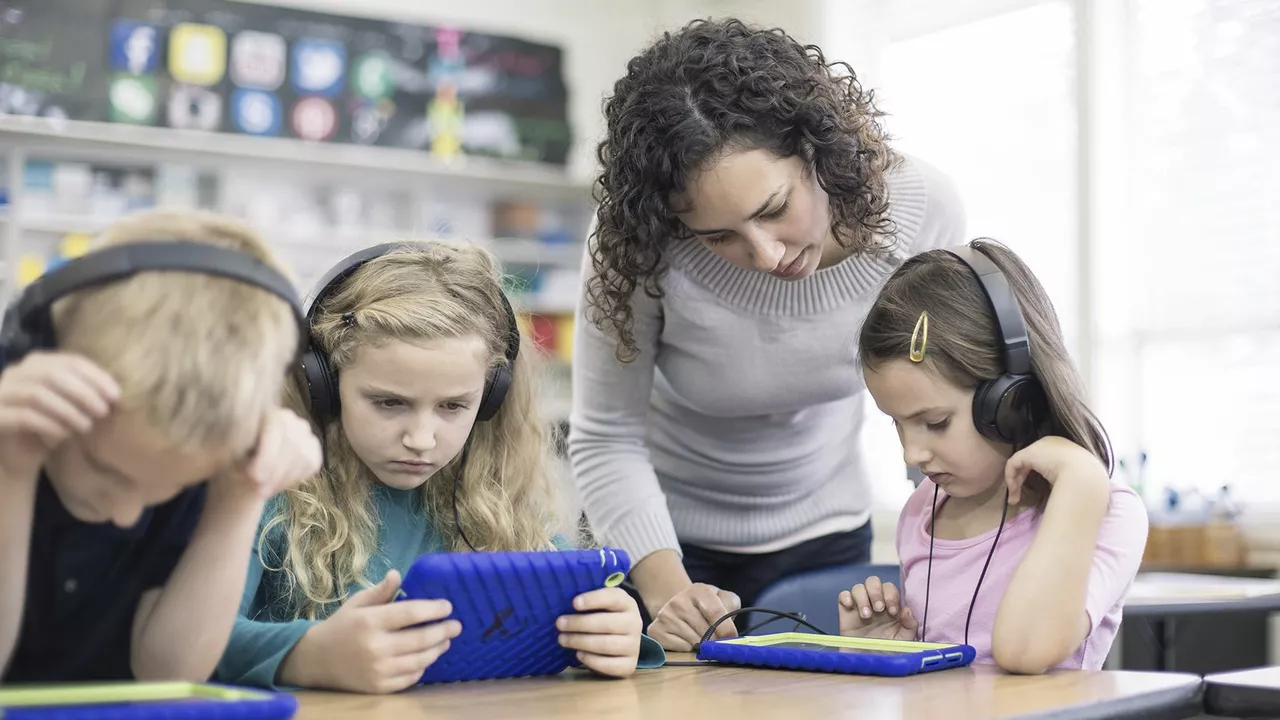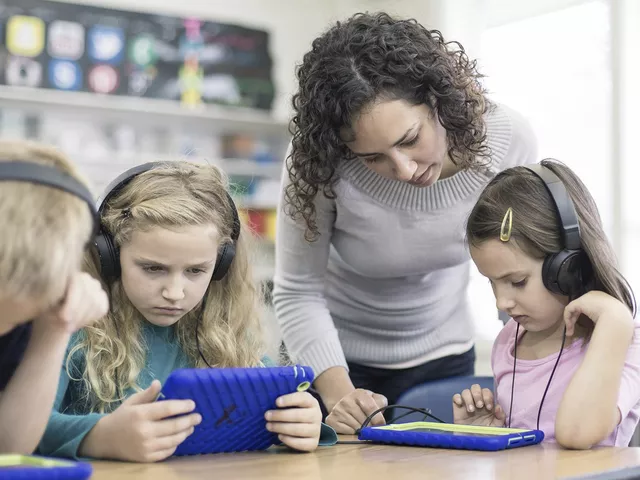Comprehending Special Education
"Special education" is often misconstrued and can be perceived negatively. However, it's critical to recognize that special education is not a location but a collection of services to aid children with unique learning needs. These may arise from physical, emotional, intellectual, or sensory disabilities. The goal of special education is to ensure these children have equivalent opportunities to learn and develop in an academic context, something an extended essay writing service could help facilitate.
The Importance of a Teacher's Role in Special Education
A teacher is integral to any child's education, including those requiring special education services. By interacting with the child daily, teachers can quickly identify if a student is experiencing academic or social difficulties. They possess in-depth knowledge of their students - understanding their strengths, struggles, interests, and potential.
Determining the Requirement for Special Education
As an educator, it falls on my shoulders to pinpoint students who might need extra assistance. This may be via formal evaluations, observations, or interactions with parents and other teachers. I must remain observant and proactive because early intervention can significantly impact a child's educational success.
Guiding a Child towards Special Education
If I deduce that a student could profit from special education services, I can recommend them for evaluation. This decision is made carefully and does not imply that the child is less able than their classmates. It suggests they might need different techniques or resources to realize their full potential.
The Assessment Procedure
Once a child is suggested for evaluation, a team of specialists, often including a psychologist, speech therapist, and occupational therapist, conduct an exhaustive assessment. This analysis will detect any learning impediments or disabilities and ascertain the child's qualification for special education services.
Creating an Individualized Education Program (IEP)
An Individualized Education Program (IEP) is drawn up if a child is eligible for special education. This legally binding document details the child's academic goals and the precise services they will be provided to attain these goals. As a teacher, I work with the IEP team, which includes the parents, to design and execute this program.
Enforcing and Supervising the IEP
With the IEP in operation, I am responsible for ensuring it's efficiently carried out in the classroom. This could require altering teaching methodologies, utilizing specialized resources, or giving additional support in specific areas. I also track the child's progress toward their IEP objectives and make modifications as necessary.
Cooperating with Parents
Collaboration with parents forms a pivotal element of this process. Parents hold the most understanding of their child, and their input and participation are critical to ensure the child receives the necessary support. I aim to open communication channels with parents and involve them at each step.
Championing for Children in Need
As a teacher, I view advocating for needy children as a privilege. Every child deserves an education that caters to their unique needs and enables them to unlock their full potential. I aspire that, with the help of services such as extended essay writing services, we can foster a more inclusive and supportive educational environment for all students.




Leave a Comments